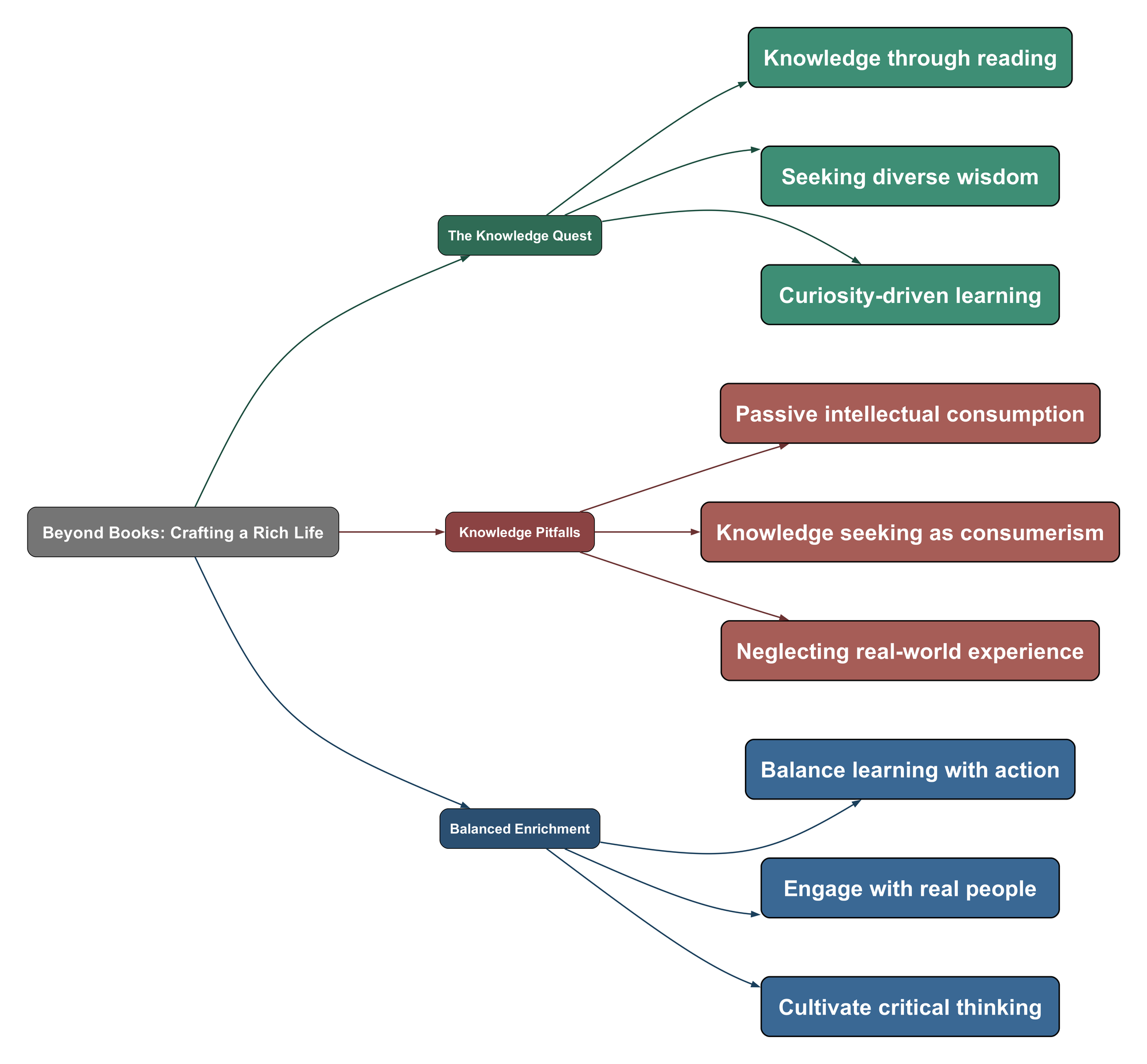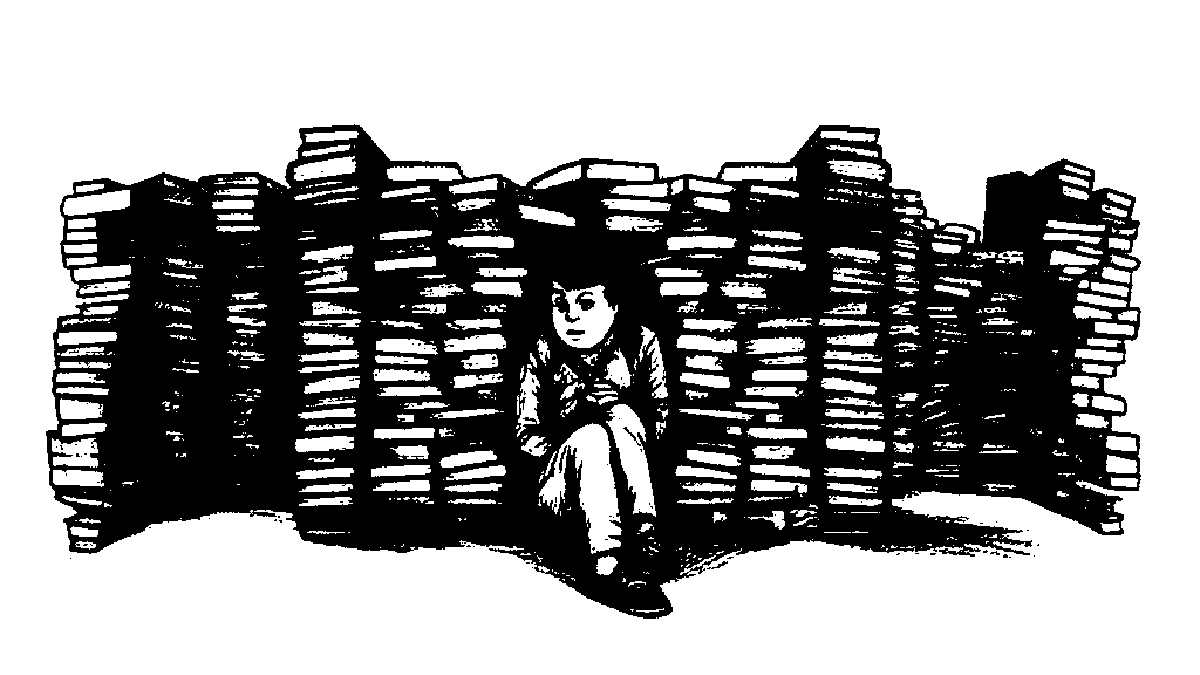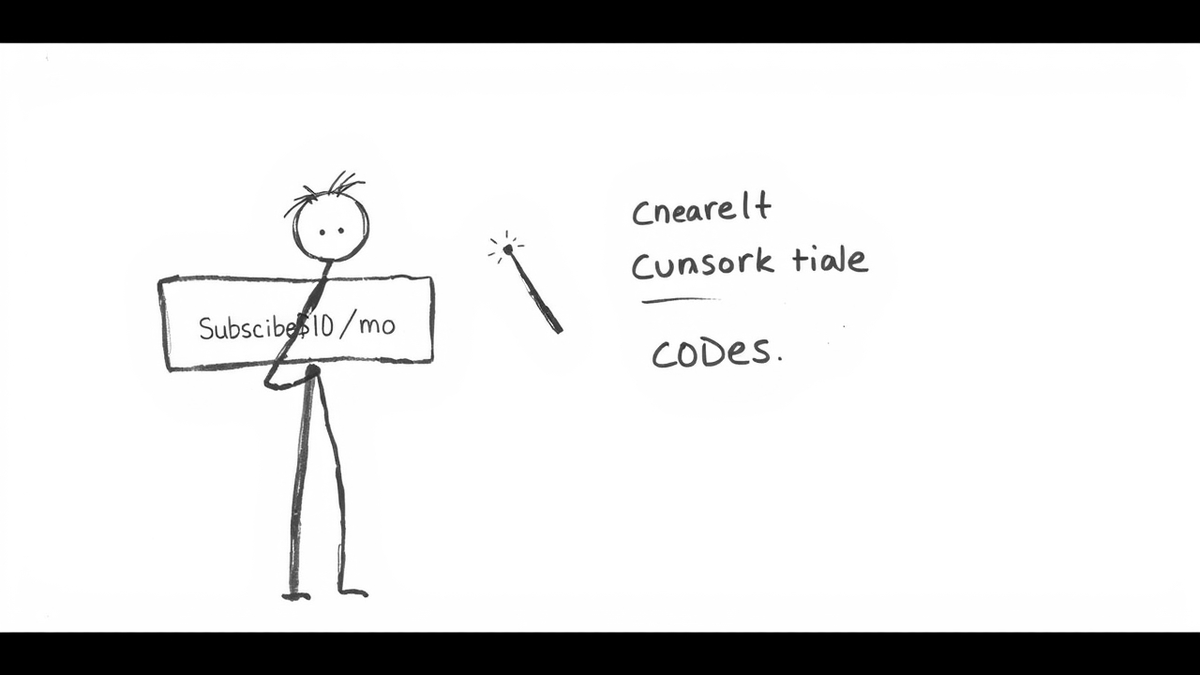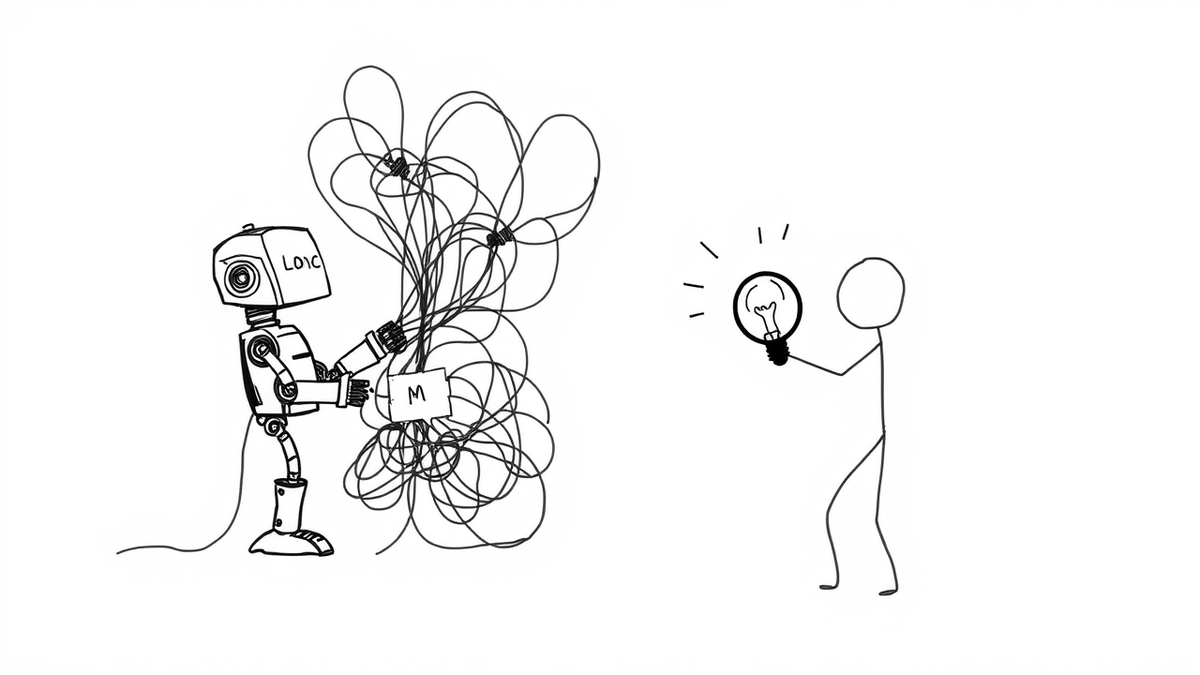Ever dream of a life filled with deep understanding and endless curiosity, powered by books and big ideas? While the pursuit of knowledge seems noble, is it the sole path to a truly rich life, or can it become another form of consumption? Insights from a recent Hacker News discussion reveal a more nuanced picture.
The Knowledge Quest
Many embark on structured journeys to expand their minds, driven by a thirst for understanding.
- The classic approach involves curated reading lists, aiming for comprehensive knowledge.
“For my part, one of the most striking things which I recall from my youth was reading Dumas’ _The Count of Monte Cristo_ and the Abbé Faria contending that everything a gentleman needed to make his way in life was contained in less than 100 books…”
- This quest often extends beyond books to philosophy, travel, and diverse cultural insights, sometimes seeking wisdom in simplicity.
“It’s a really common trope to head out to some remote area of Asia and admire how happy people are… But westerners have been doing stuff like this for ages and prattling on about it…”
- Curiosity fuels exploration across various domains, often leading down unexpected paths.
“I spend at least 2 nights a week just reading links through wikipedia as I’m falling asleep, and I almost inevitably end up at languages and cultures or historical events that I knew little about.”
- Formal systems, like the Dewey Decimal System, are sometimes used to structure learning attempts.
“A naïve younger me tried to brute force this by reading one non-fiction book from each major section of the Dewey Decimal system catalog…”
Knowledge Pitfalls
However, the relentless pursuit of intellectual enrichment isn’t without its challenges and potential downsides.
- A major risk is becoming a passive consumer of information rather than an active participant or creator.
“I found myself a constant consumer of intellectual material instead of being an engaged participant. Once I realized that, I set course to become more of a producer of useful things.”
- The drive for knowledge can mirror unhealthy consumerist patterns, leading to anxiety and dissatisfaction.
“But over time I’ve come to see how that, too, can become a kind of consumerism—chasing ideas for the dopamine hit of a new insight, then feeling the letdown and scrambling for the next one… FOMO, compulsiveness, neglect of relationships, a deep anxiety that I’ll never learn enough.”
- Blindly romanticizing ancient thinkers or specific philosophies without critical evaluation can be misleading.
“But let’s not overly-romanticize ancient thinkers: Plato and Aristotle held fundamentally different views on knowledge. Even they couldn’t agree; there’s no need to treat any one of them as infallible.”
- An exclusive focus on books and abstract ideas can lead to neglecting valuable real-world experiences and human connections.
“I have been wondering lately if ‘intellectually rich’ can be found solely in books… I feel that looking at other people’s problems (especially in different cultures) is a lot more relevant for understanding the world.”
- Obsessive pursuit can create imbalance, sacrificing other essential aspects of a fulfilling life.
“As with nearly anything, an obsessive pursuit of knowledge… to the exclusion of other things can be very harmful… Sitting in a mountain shack trying to digest the best 100 (or 1000) books ever written, might yield some real benefits; but at what cost?”
Balanced Enrichment
Achieving a truly rich life involves integrating intellectual pursuits with action, connection, and critical awareness.
- Shift from passive consumption to active creation and application of knowledge.
“Once I realized that, I set course to become more of a producer of useful things. That’s led me to woodworking, to running a consultancy, to producing AI/ML for nonprofits, and to writing academic works.”
- Ground intellectual exploration in real-world interaction and understanding diverse human experiences.
“I read Jim Stanford’s Economics for Everyone, and he recommends to go out and talk to people and see what problems they are having in life.”
- Cultivate critical thinking and discernment rather than idolizing specific sources or thinkers.
- Embrace serendipity and explore a wide range of interests without rigid boundaries.
“So you have to find your nature, the garden of iteas that resonates with you. For that, just read. From any topic that interests you and sometimes, dare to read something you would never do… everything is fair game…”
- Anchor your life in core values and seek growth through challenging experiences, not just accumulating ideas.
“Seek movement .Move towards discomfort. Settle only in your values…”
- Practice humility and acceptance, avoiding intellectual superiority to foster genuine connections and happiness.
“Surely not by secretly cherishing a feeling of superiority and sophistication because these sentiments will cut you out of a lot of insights and encounters that make your life rich.”





